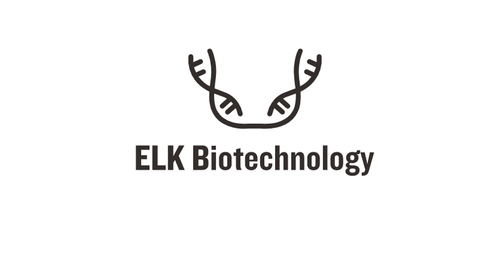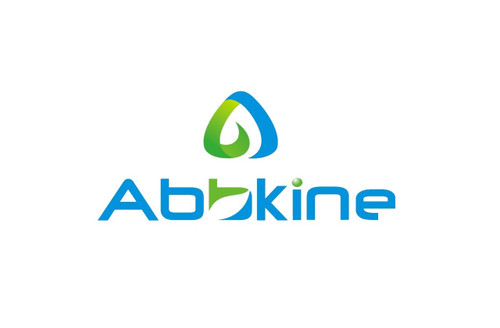Product Description
Human Peptide YY (PYY) ELISA Kit | AE24893HU | Abebio
Species Reactivity: Human (Homo sapiens)
Abbreviation: PYY
Alternative Name: PYY1;
Application: ELISA
Range: 12.35-1000 pg/mL
Sensitivity: 4.77 pg/mL
Intra-Assay: ≤7.3%
Inter-Assay: ≤9.8%
Recovery: 1, 02
Sample Type: Serum, Plasma, Other biological fluids
Detection Method: Sandwich
Analysis Method : Quantitive
Test Principale: This assay employs a two-site sandwich ELISA to quantitate PYY in samples. An antibody specific for PYY has been pre-coated onto a microplate. Standards and samples are pipetted into the wells and anyPYY present is bound by the immobilized antibody. After removing any unbound substances, a biotin-conjugated antibody specific for PYY is added to the wells. After washing, Streptavidin conjugated Horseradish Peroxidase (HRP) is added to the wells. Following a wash to remove any unbound avidin-enzyme reagent, a substrate solution is added to the wells and color develops in proportion to the amount of PYY bound in the initial step. The color development is stopped and the intensity of the color is measured.
Product Overview: Peptide YY is a short (36 amino acid) protein released by cells in the ileum and colon in response to feeding. It is also known as PYY, Peptide Tyrosine Tyrosine, or Pancreatic Peptide YY3-36. Peptide YY is related to the pancreatic peptide family by having 18 of its 36 amino acids located in the same positions as pancreatic peptide. There are two major forms of Peptide YY: PYY1-36 and PYY3-36 which have PP fold structural motif. However, the most common form of circulating PYY immunoreactivity is PYY3-36 which binds to Y2 receptor (Y2R) of Y family receptors. Peptide YY3-36 (PYY) is a linear polypeptide consisting of 36 amino acids with structural homology to NPY and pancreatic polypeptide.
Stability: The stability of ELISA kit is determined by the loss rate of activity. The loss rate of this kit is less than 5% within the expiration date under appropriate storage condition. The loss rate was determined by accelerated thermal degradation test. Keep the kit at 37°C for 4 and 7 days, and compare O.D.values of the kit kept at 37°C with that of at recommended temperature. (referring from China Biological Products Standard, which was calculated by the Arrhenius equation. For ELISA kit, 4 days storage at 37°C can be considered as 6 months at 2 - 8°C, which means 7 days at 37°C equaling 12 months at 2 - 8°C) .
 Euro
Euro
 USD
USD
 British Pound
British Pound
 NULL
NULL








